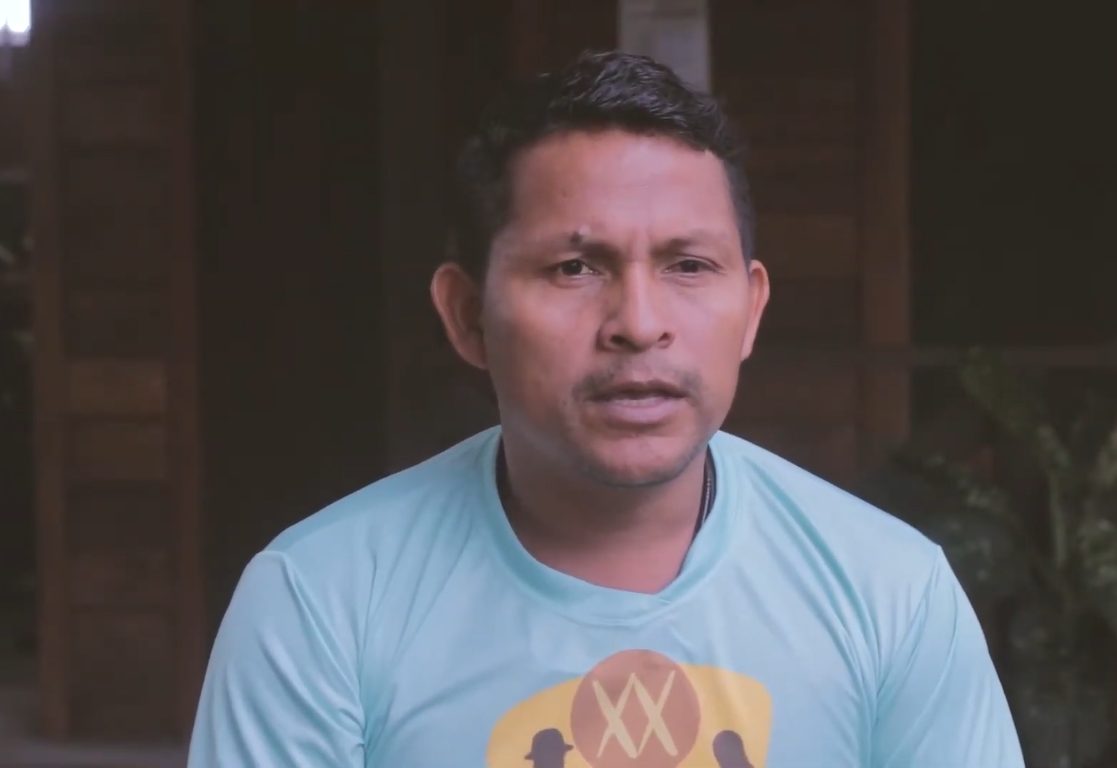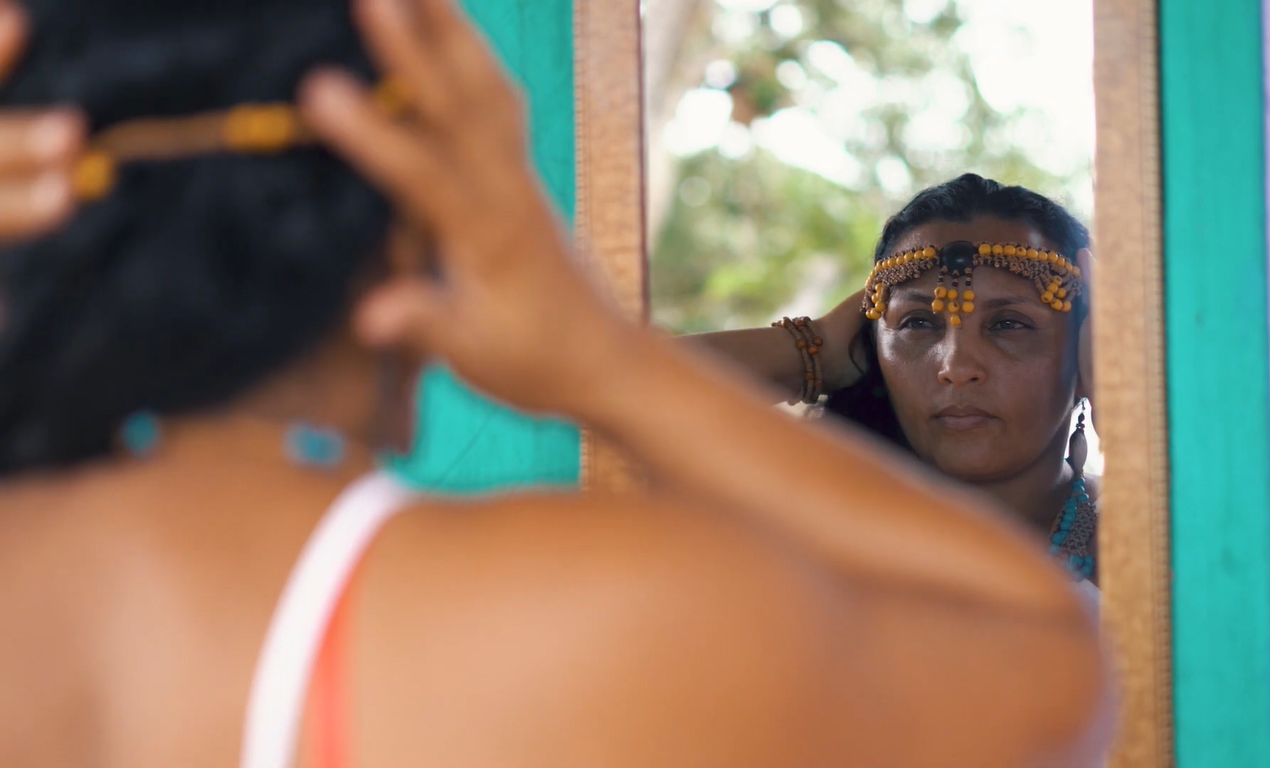FAS encourages community empowerment in the Amazon. The foundation held 35 meetings and trained 1017 leaders, 52% of which are women. Support is given to 19 parent associations of Conservation Units (UCs) in the region, covering an area of 11,842,362.89 square kilometers
Puxirum is a word well known by the Amazonian populations. Originating from the Tupi culture, it means a gathering of people, cooperative work to help a friend, neighbor, or for the greater good. The help can take many forms: preparing a field, building a house, organizing a party. Puxirum is a gesture of solidarity that strengthens the sense of community and reaffirms the common territory.
Caring for the Amazon, keeping it alive and fertile for all, is like a huge “puxirum”, built by many hands. The Foundation for Amazon Sustainability strengthens this mesh by encouraging the empowerment of local communities: the institution currently supports 19 parent associations of Conservation Units (UCs) of sustainable use in the Amazon, contributing to the environmental conservation of an area of more than 11 million hectares.
The parent associations represent the communities and are the vital force that organize life and collective decisions for the best management of the UCs. In partnership with the mother associations, FAS conducts leadership training and provides infrastructure and operational support for the implementation of activities and community events. Between 2017 and 2021, more than a thousand leaders were trained in courses, meetings and workshops promoted by the foundation. These actions promote access to paths and instruments that increase the empowerment of communities in demanding rights and quality public services.
One of the central moments of union, planning and exchange of experiences for the community is the Leadership Meeting. Held annually with support from the Amazon Fund, the Government of Amazonas and Bradesco, the meetings bring together the boards of associations, secretaries and other representatives to discuss investment priorities and establish a joint plan with FAS.
The FAS Sustainable Community Development superintendent, Valcléia Solidade, explains that “the methodology we use is based on the participative principle. We bring round-table debates, and we also bring the issue of capacity building and training”.
“For me, the Leadership Meeting is a fantasy name, because in reality I recognize the meeting as a college, where we have learned a lot, I learned a lot,” says Raimundo Teixeira, representative of the Surara Community of the Piagaçu-Purus Sustainable Development Reserve, in the state of Amazonas. “Today we are able to empower ourselves with some things that we didn’t know, and we believe that through the Leadership Meeting we have been able to make a difference within our communities with the learning that we take to our community members, and this is very significant to us”.

Photo credit: Rodolfo Pongelupe
“FAS actions were very important for the development of the communities, in terms of public policies, leadership formation and income generation”.
José Albino Batalha, community leader in the Campo Novo Community, Mamirauá Sustainable Development Reserve (AM)
The growing participation of women in collective decision-making spaces is a phenomenon accompanied and stimulated by FAS, which conducts learning spaces about female empowerment. “Today I know that it is important to know the concept of empowerment to share with other women in the community because we can show our strength“, says Elizangela Cavalcante, a teacher and extractivist who attended one of the courses on the subject, offered by the foundation in partnership with Lojas Americanas.
Women Empowerment Course in the Sustainable Development Reserve of Rio Negro/AM
For the young Luana Almeida, who lives in the Tumbira Community, in Rio Negro, the Female Empowerment Course was a moment of sharing and recognition among different generations of riverside women.
“The importance of bringing them all together is that you have a communion between older people and younger people, which are the new generations, who are there exchanging ideas and experiences. It is an interaction where you learn and can empower. We see the struggle of each one of them, see what they went through, see how strong they are. They cried, fought, grew up, learned, and here they are passing on knowledge to the next generation that needs this”, she affirms.
Through involvement in the organization and management in the Conservation Units, Amazonian women assert the importance they have always had in the social dynamics in families, work, and communities. Between 2017 and 2021, female representation in parent associations saw a 109% growth.

Photo credit: Samara Souza
“For us, it is very important to have FAS as partners. The change was that people didn’t preserve the reserve very much, and today they have this concern about not letting people invade, they have the concern to protect, to preserve. It has been very interesting, it is an incredible knowledge base for us, I will take a lot of things to my community, especially with the focus on leadership”, says Vaneza Ferreira, resident of the Caioé Community in the Puranga Conquista Reserve.
Read the booklet “Community Empowerment, Cooperativism, and Associativism” produced by FAS:

